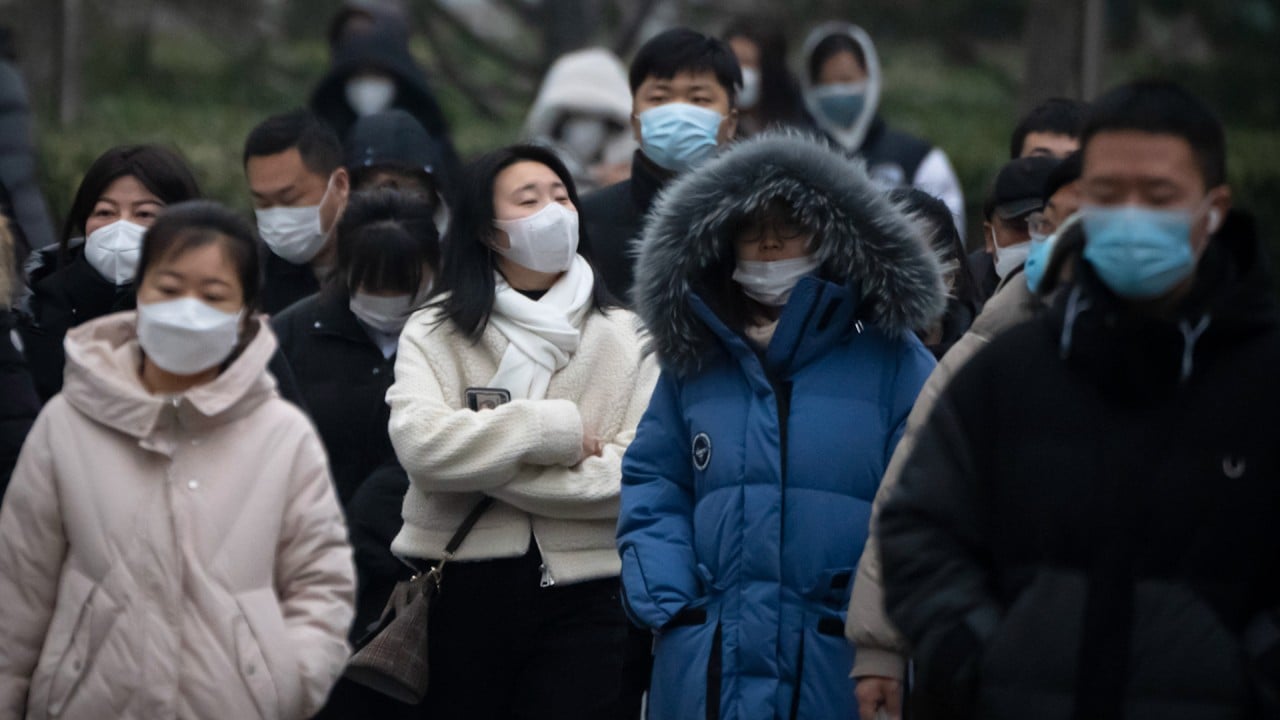
China approves first domestically made mRNA vaccine for Covid
- Authorisation for emergency use comes after Beijing urged faster development of new vaccines and drugs
- Beijing has not approved foreign-produced mRNA vaccines for public use
China has approved its first domestically produced messenger RNA (mRNA) Covid-19 jab, a vaccine that its developer said worked well against some recent variants, including the dominant strain in the United States.
The National Medical Products Administration (NMPA) approved the SYS6006 vaccine, developed by CSPC Pharmaceutical, for emergency use on Wednesday about a year after its clinical trials began, according to the company.
The Hebei-based company said it tested the jabs on about 4,000 cases in a study from December 10 to January 18, and found the booster efficacy to be more than 85 per cent after two to four weeks.
The data has not been published in a peer-reviewed journal.
“Clinical study shows that SYS6006, either as a basic shot or booster shot, could consistently enhance the reactivity of T cells to various variants including Delta, Omicron BA.2 and BA.5 in a high and more enduring manner,” the statement said.
T cells are immune cells that coordinate immune responses and kill cells that are infected with viruses.
The jab also demonstrated a neutralising effect “very well” on highly transmissible Omicron strains like BF.7, BQ.1.1, and XBB.1.5 – the lineage that accounted for more than 90 per cent of variants circulating in the US – and CH.1.1, the company said.
England to end pre-departure Covid test rule for arrivals from China
The shot also carries milder side effects – like fever and injection site soreness – with “significantly lower” frequency and severity of side effects in the elderly, according to the company.
mRNA vaccines – widely used in the rest of the world – use messenger RNA molecules to teach the body to generate specialised proteins and activate T cells to trigger an immune response.
The traditional vaccines that China has been deploying use inactivated, adenovirus-vectored or protein recombination technology.
Video: China’s Li Qiang shakes off Shanghai Covid chaos to become new premier
At least five other Chinese drug makers have said they are developing mRNA vaccines. Walvax and AIM Vaccine said they were conducting or had completed clinical trials, but development and administrative processes had been slow.


